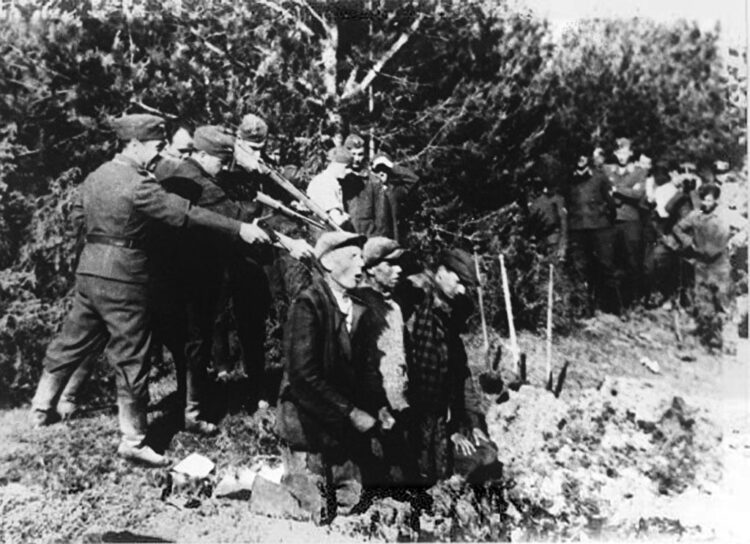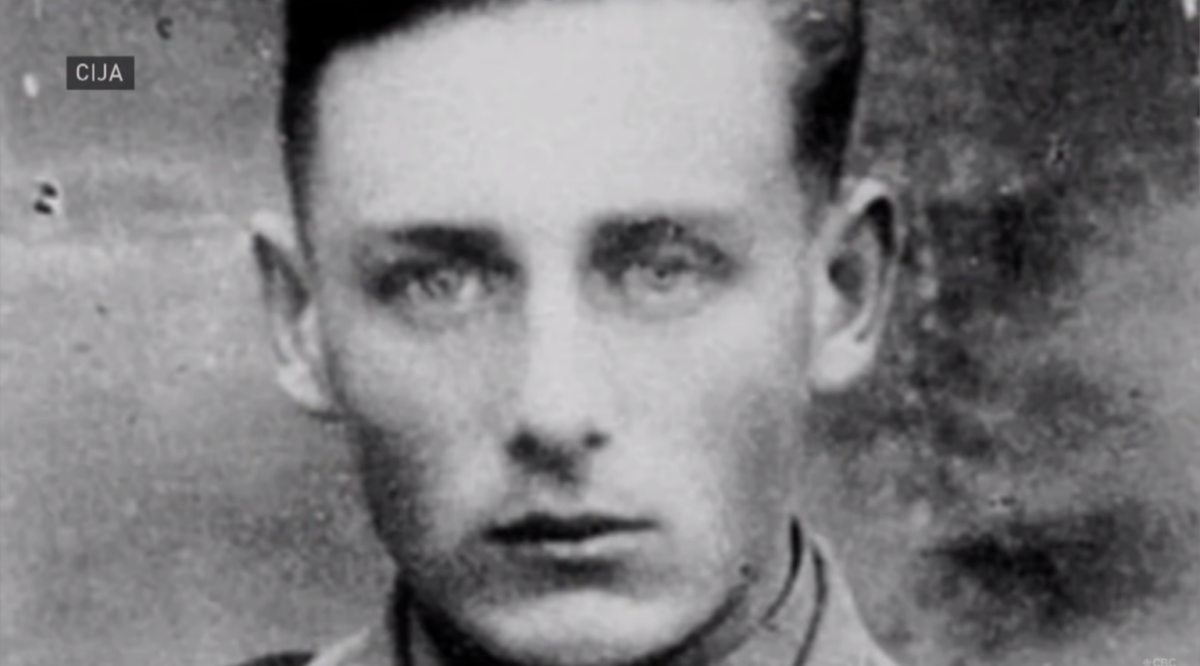Helmut Oberlander died at home in Waterloo, Ontario, on September 23 “surrounded by loved ones,” according to his lawyer, Ronald Poulton. “A loving family man, he will be dearly missed.”
As far as I’m concerned, he will not be missed. Not today. Not tomorrow. Or ever.
Oberlander, an ethnic German from Ukraine, died peacefully at the age of 97 before he was due to appear at an admissibility hearing by the Immigration and Refugee Board of Canada to determine whether he could remain in Canada.
The federal government, having revoked his Canadian citizenship, tried to deport him no less than four times since 2001, but it failed abysmally.
Evidently, Oberlander had a very good lawyer.
The last known suspected Nazi war criminal in Canada, Oberlander arrived here in 1954, having knowingly concealed his membership in a genocidal organization responsible for the deaths of some 100,000 Jews in the Soviet Union.
Oberlander claimed he was forced to join the 10a Einsatzkommando unit, a division of the Einsatzgruppen, a mobile murder squad that followed the Wehrmacht into the Soviet Union during its invasion in the summer of 1941. In particular, his unit is said to have murdered 27,000 Jews in the southern Russian city of Rostov-on-Don.

Oberlander supposedly served as an interpreter and was not accused of personally killing Jews. But as a member of the Einsatzkommando, he was, at the very least, complicit in its crimes.
Given his unsavory past, he should never have been admitted to Canada and should have been deported long ago. But Oberlander, a real estate developer who could afford the high cost of legal fees, was determined to stay in Canada.
In his court appeals, he argued that he had no choice but to join the unit, and that he would have been penalized harshly had he disobeyed. This may be true, but the fact remains that he was an accomplice to mass murder.
Interviewed by the Waterloo Region Record in 2000, he sounded a note of defiance, promising “to fight this case until death do us part, or until I run out of money and have to put a mortgage on my house, whatever comes first.”
Regrettably, he lived to fulfill his wish and died quietly as a free man.
The Oberlander case is a stain on “our national conscience,” as B’nai Brith Canada’s chief executive officer, Michael Mostyn, correctly contends.

While the Canadian governments of the day permitted only 5,000 European Jewish refugees fleeing fascism to enter Canada between 1933 and 1945, a bevy of war criminals who willfully lied about their Nazi-tainted past were allowed into this country after World War II.
In the wake of Oberlander’s death, the Canadian government issued an encouraging statement: “While this case is now over, the government is determined to deny safe haven in Canada to war criminals and persons believed to have committed or been complicit in war crimes, crimes against humanity, or genocide.”
Be that as it may, Oberlander shamefully evaded justice and died peacefully, a privilege that was denied to millions of Jews during the Holocaust.
